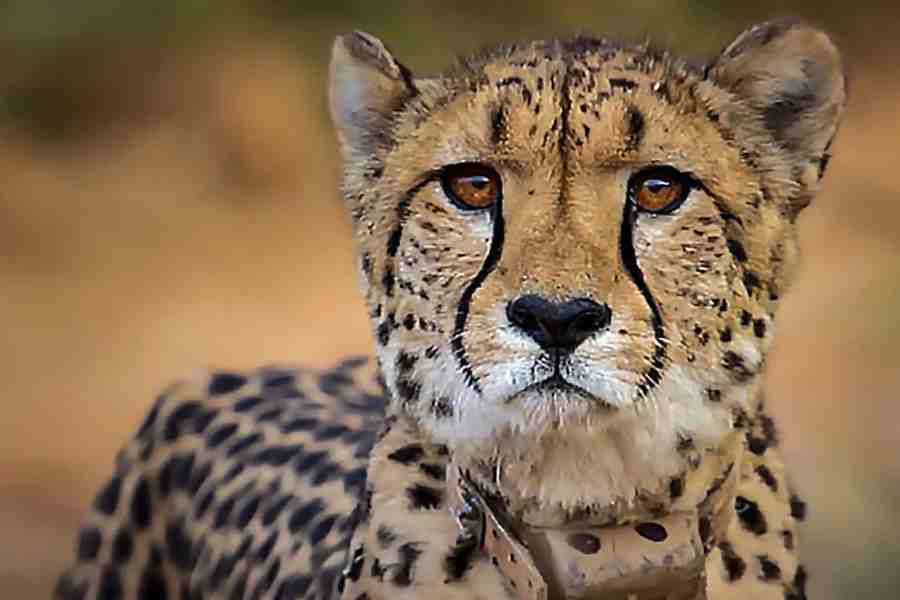A male Namibian cheetah who was kept in an acclimatisation enclosure after he strayed out twice has once again been released into the wild at Madhya Pradesh’s Kuno National Park (KNP) here, an official said on Monday.
The cheetah Oban, who was renamed Pawan, was tranquilised and brought back to KNP and kept in an acclimatisation enclosure on April 22 after he was about to cross over to neighbouring Uttar Pradesh, divisional forest officer (DFO) P K Verma told PTI.
According to officials, earlier on April 6, the cheetah had escaped from KNP, spread over an area of around 750 sq km, and was brought back after being tranquilised.
“After keeping him for a month in acclimatisation, we released him into the wild in the park on Sunday,” DFO Verma said.
Currently, there are 10 cheetahs in the wild in the park, while seven are in the acclimatisation enclosure, he added.
Twenty cheetahs were translocated to KNP from Namibia and South Africa in the last 10 months.
Female cheetah Sasha from Namibia, aged more than four-and-a-half-years, died of a kidney ailment, while six-year-old male cheetah Uday translocated from South Africa died due to cardio-pulmonary failure on March 27 and April 23 respectively.
The last female cheetah Daksha, who came with a batch of 12 predators from South Africa died in a fight with two males over mating on May 9.
Another cheetah, named Siyaya, recently gave birth to four cubs, but lost three of them soon after.
The project to reintroduce cheetahs in India was launched by Prime Minister Narendra Modi in September last year.
The country's last cheetah died in Koriya district of present-day Chhattisgarh in 1947 and the species was declared extinct in 1952.
Except for the headline, this story has not been edited by The Telegraph Online staff and has been published from a syndicated feed.











